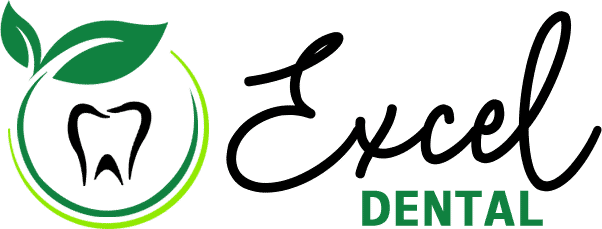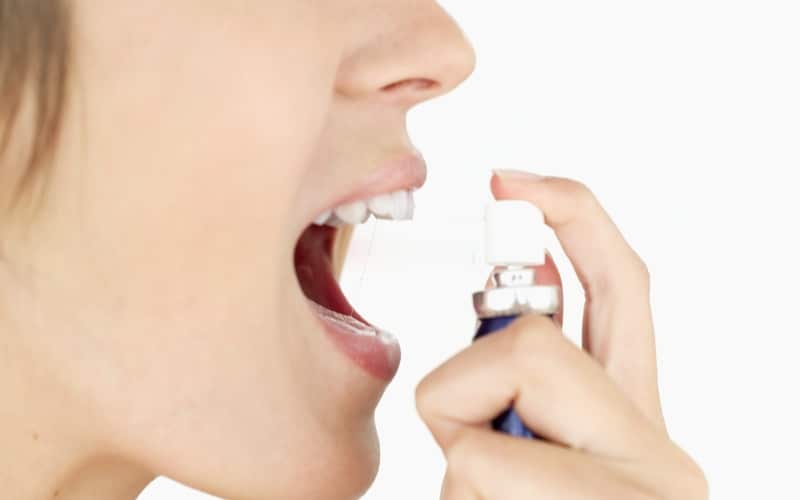Ever wake up with morning breath that could wake the dead? Or maybe you’ve indulged in coffee and now regret it because your breath could strip paint off the walls? That’s where mouth fresheners come to the rescue. Whether it’s mints, sprays, or gum, these little lifesavers promise to banish bad breath instantly. But are mouth fresheners as good for our oral health as they claim? Let’s get the answer in this article.
Benefits of Mouth Fresheners for Oral Health
1. Immediate Freshness: Mouth fresheners provide instant relief from bad breath, masking odors and leaving a pleasant scent behind, boosting confidence in social interactions.
2. Stimulation of Saliva Production: Chewing gums and certain mints can stimulate saliva production, which helps cleanse the mouth by washing away food particles and bacteria, thus contributing to oral health.
3. Reduced Plaque Formation: Some mouth fresheners contain ingredients like xylitol, which not only sweeten but also inhibit the growth of bacteria responsible for plaque formation, thereby reducing the risk of cavities.
4. Mint’s Antimicrobial Properties: Mint, a common ingredient in many mouth fresheners, possesses natural antimicrobial properties that can help to kill bacteria in the mouth, promoting fresher breath and potentially reducing the risk of infections.
5. Convenience Encourages Usage: Mouth fresheners’ convenience makes them easy to incorporate into daily routines, encouraging regular use. When coupled with proper oral hygiene practices, this can contribute to overall oral health maintenance.
Drawbacks of Mouth Fresheners
1. Masking Oral Health Issues: Mouth fresheners only temporarily mask bad breath without addressing the underlying causes, such as poor oral hygiene, gum disease, or other oral health issues. Relying solely on mouth fresheners may delay seeking necessary dental care.
2. Sugar Content: Many commercial mouth fresheners, especially gums and mints, contain high amounts of sugar, which can contribute to tooth decay and cavities if used excessively, especially when proper oral hygiene is not maintained.
3. Dry Mouth: Some mouth fresheners, particularly alcohol-based sprays, can contribute to dry mouth (xerostomia) over time, as they may temporarily reduce saliva production. A dry mouth can increase the risk of dental problems such as cavities and gum disease.
4. Artificial Ingredients: Certain mouth fresheners may contain artificial colors, flavors, and preservatives that could be harmful or cause allergic reactions in some individuals, especially those with sensitivities or allergies.
5. Potential for Overuse: Continuous use of mouth fresheners, particularly those containing strong antibacterial agents, may disrupt the natural balance of bacteria in the mouth, potentially leading to oral health problems in the long term. It is essential to use them in moderation and with proper oral hygiene practices.
Alternative Solutions for Fresh Breath
1. Regular Oral Hygiene: Regular brushing and flossing are the cornerstone of fresh breath and good oral health. Brush your teeth at least twice daily and floss daily to remove food particles and plaque that can cause bad breath.
2. Stay Hydrated: Drinking water throughout the day helps to wash away food particles and bacteria in the mouth, preventing dry mouth and promoting fresher breath. Aim for at least eight glasses of water a day.
3. Healthy Diet: Avoiding foods with strong odors like garlic and onions can help prevent bad breath. Instead, choose a balanced diet rich in fruits and vegetables, which can naturally freshen your breath and promote oral health.
4. Chewing Sugar-Free Gum: Sugar-free gum, significantly those containing xylitol, can stimulate saliva production, which helps to cleanse the mouth and neutralize acids that contribute to bad breath. Chew gum for about 20 minutes after meals to freshen your breath.
5. Natural Remedies: Some natural remedies like chewing on fresh herbs like parsley or mint leaves or rinsing with a solution of baking soda and water, can help neutralize odors and freshen breath. However, these should complement, not replace, regular oral hygiene practices.
Final Words!
In the quest for fresh breath, mouth fresheners like mints, sprays, and gums can be a handy ally. However, it’s crucial to remember they’re not a substitute for diligent oral hygiene practices. Missouri City Dentist reminds us that mouth fresheners can provide temporary relief, but they’re just one piece of the puzzle. Prioritizing regular brushing, flossing, and dental check-ups remains paramount for optimal oral health. So, next time you reach for that mint, remember to complement it with proper care. Keep smiling, bright, and fresh! Remember, mouth fresheners are good for oral health but cannot replace a thorough dental routine.


